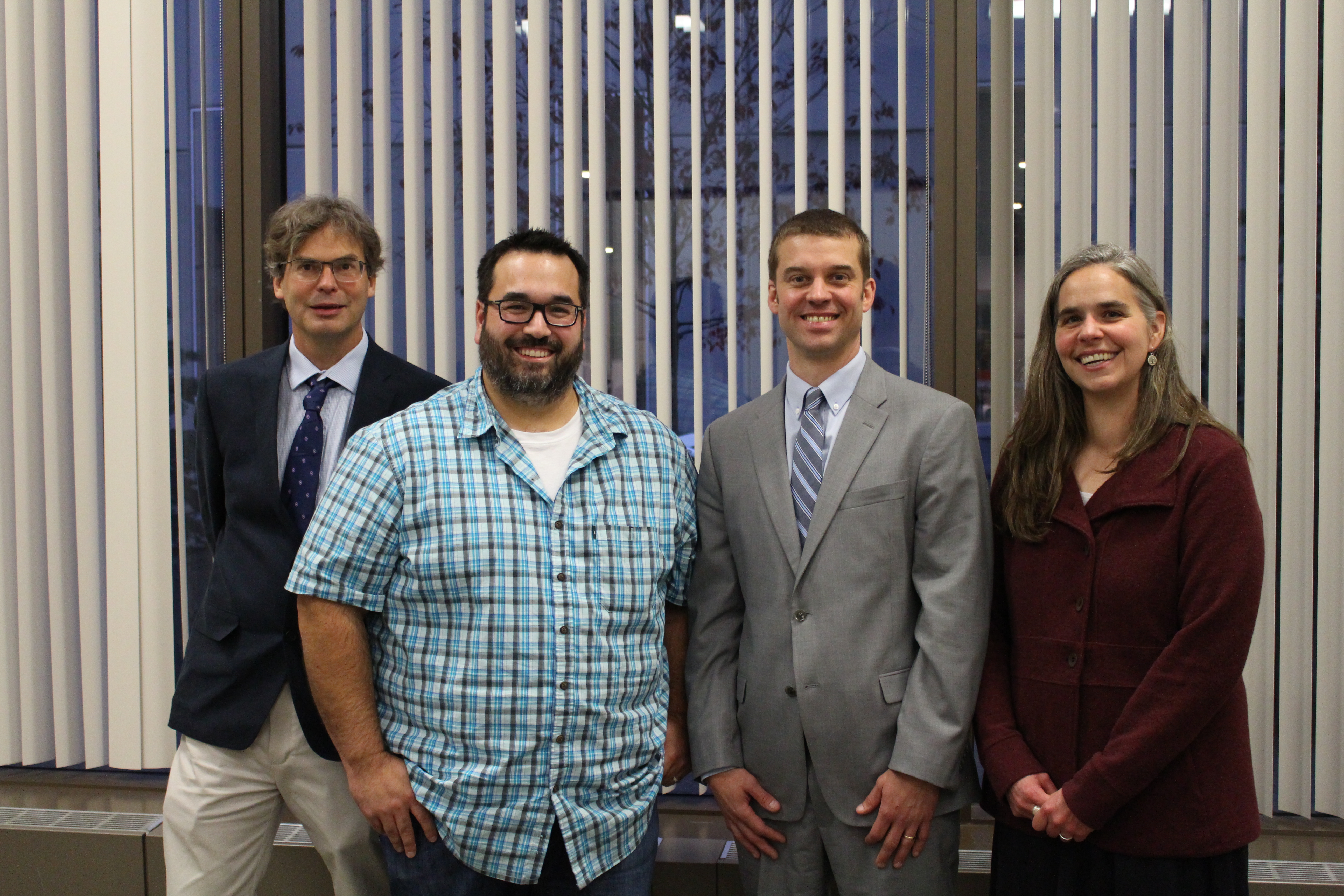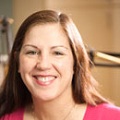
This week, we’ve been bringing you the voices of this year’s Alaska Teacher of the Year finalists. There are four candidates and the Department of Education will select the winner in October. Karen Martin teaches 4th grade at Denali borough’s Tri Valley School. Martin has been a teacher for 12 years and was a scientist before she became a teacher. She said educational requirements for younger students have become more strenuous.
MARTIN:The expectation academically for what children are expected to learn, especially early on, is more rigorous than it was when I was younger. And I think, you know, there’s a shift. It kind of impacts the whole schedule for what a school day might look like for a younger child, or even an older child. I know growing up I had three recesses and now, students in our building generally have one. More is expected of younger children, learning to read earlier, and the rigor of the content. And I’m not saying that’s a bad thing, but I think you have to be careful of a balance for a healthy life.
TOWNSEND: So let’s talk about technology a little bit. You’re teaching younger students, so maybe not as challenging as if you were in high school. But still, technology is everywhere. How does that change what you’re doing in a classroom?
MARTIN: I think there’s a lot of new skills that we need to be mindful of helping young students develop in this age of technology. And I think there’s a lot of value that comes from integrating technology in the classroom in terms of not only how — the skill set to help them use information on the internet or in other resources wisely or critically. But also, it’s a world that they understand that I don’t necessarily, and things that they learn and things that they communicate through technology that I can’t shy away from just because its not my world. Like, I think it’s important to help them develop them into that because that is their future.
TOWNSEND: Is it harder to get young children to pay attention for long periods of time? Do you see a change in attention span with students now?
MARTIN: I guess not necessarily, not necessarily because some of our most important work is to help kids engage with whatever content, whatever information, whatever learning that we are designing for them. And that that’s part of our responsibility is to help them be engaged with that and help them take ownership of that learning and be responsible for their learning. And kids, it’s fascinating to me, if you give them a choice sometimes doing something with their hands or doing something with technology, they will choose to do something with their hands.
TOWNSEND: One of the things that you said was, “I trust my students to be leaders in their own learning.” What did you mean by that?
MARTIN: As a cohort of colleagues, we’ve been looking at how do we really allow students to do their own learning? How do we allow them and when do we recognize that struggle is okay if it’s productive? You know, do we need to sell in and as teachers, we feel like that’s what we do. We need to — we’re nurturers, we come in, we have the answer, we give it to them. But really, what we do is we take away the learning. And so, part of it is being more mindful of when they’re working on their own. When they’re working together, allowing them to do the learning, to do the work of learning. And then the other part is, is I try to — every opportunity I can if there’s a learning experience or a learning intention, to create an opportunity where the students together can find the solution to a problem. I don’t — and like, the converse of that would look like I stand at the board and I show them the algorithm or I show them the solution. Instead, I’ll give them the problem and see if they come up with a strategy, and when they do, because they do, then allow them to come up and teach each other.

Lori Townsend is the news director and senior host for Alaska Public Media. You can send her news tips and program ideas for Talk of Alaska and Alaska Insight at ltownsend@alaskapublic.org or call 907-550-8452.





